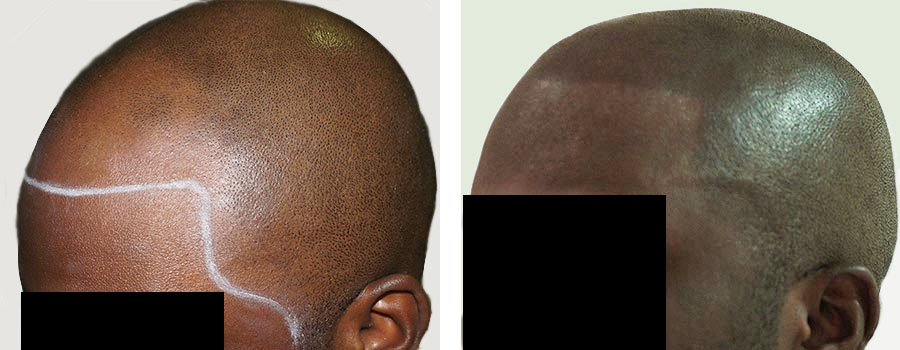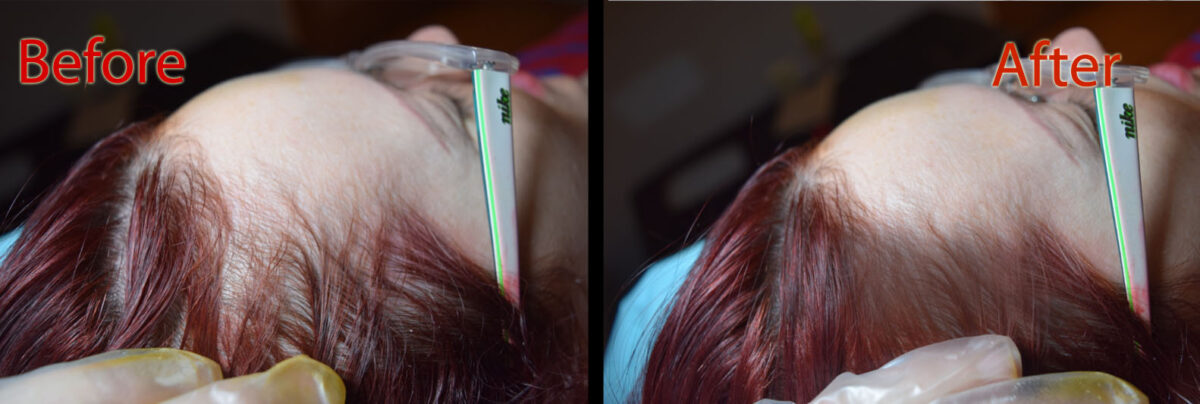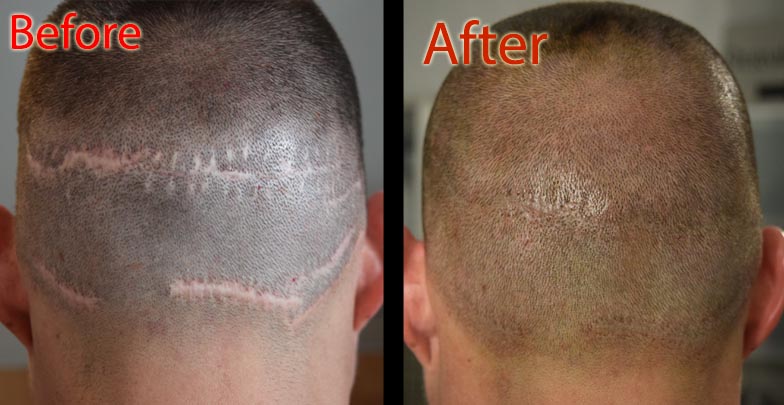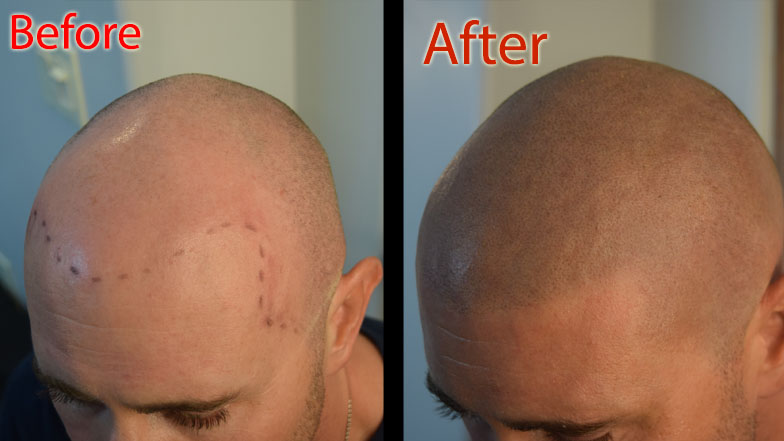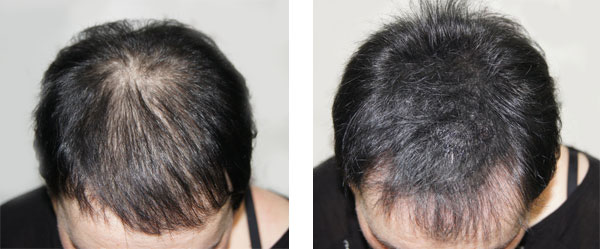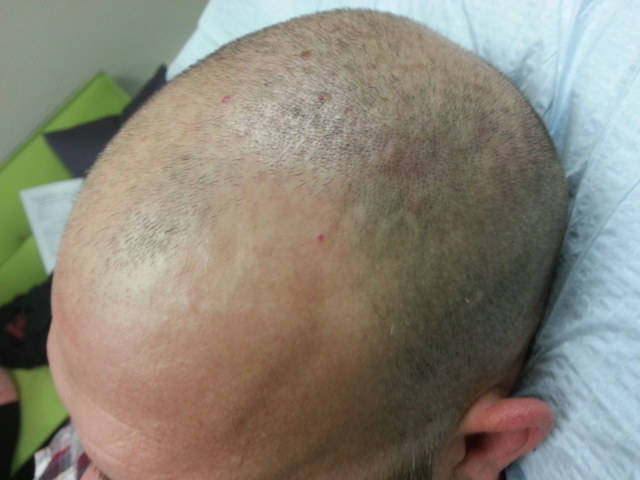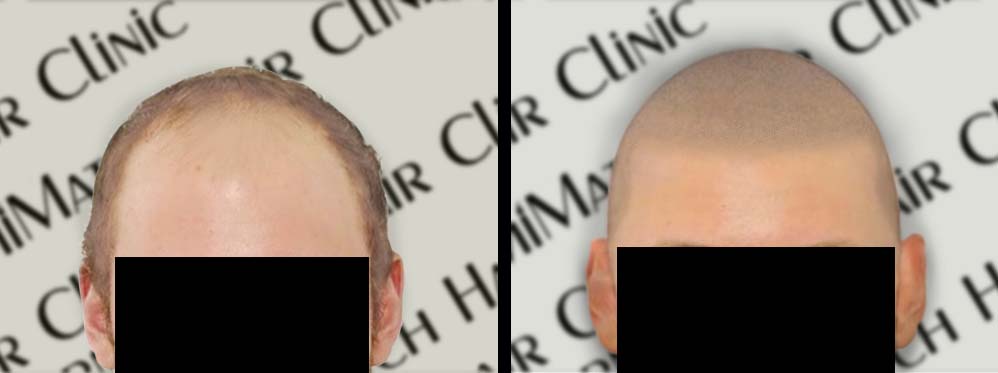Amino acids are building blocks of proteins—they’re essential for a wide array of biological processes. The role of amino acids in hair growth cannot be ignored.
Hair is largely made up of a protein called keratin, which is constructed from a variety of amino acids. Among the 22 known amino acids, some are considered essential because your body can’t produce them on its own. It is, therefore, essential to get them from your diet or supplements.
These amino acids are crucial for maintaining the health and strength of your hair.
Important Amino Acids in Hair Health
Several essential amino acids play a key role in encouraging hair growth. Cysteine amino acid is packed with sulfur and helps produce keratin. Research finds that cysteine supplementation can lead to stronger hair, reduced breakage, and even improved hair density.
The role of lysine amino acid in hair growth cannot be overstated. It helps your body produce collagen and aids in the absorption of iron. This mineral is critical for healthy hair. If you suffer from hair thinning, your diet could be deficient in lysine.
Branched-chain amino acids are known for supporting muscle health but they are believed to be beneficial for hair health too. Studies show that BCAAs help stimulate protein synthesis and promote blood circulation to the scalp. This helps ensure that hair follicles get the oxygen and nutrients they need for healthy growth.
Isoleucine, in particular, has been found to open potassium ion channels in hair follicle cells, which helps them function better and encourage healthier hair growth. .
The Risks of Amino Acid Deficiency
When your body’s supply of essential amino acids runs low, it can have a noticeable impact on your hair. If you’re deficient in any key amino acid, your body might prioritize other functions over hair growth, leading to thinning or even hair loss. This is concerning, as research shows that people experiencing significant hair loss often have lower levels of certain amino acids in their systems.
By combining amino acid-enriched products with a balanced diet, you can maximize your hair’s potential and improve its overall health. Over time, the regular use of such treatments can lead to noticeable improvements in texture, volume, and strength. But this won’t happen overnight. Diet and lifestyle take long to show results.
Alternative Treatment
While amino acids are essential for nourishing hair from the inside out, many people are also exploring alternative treatments to address hair loss. One such treatment gaining popularity is scalp micropigmentation (SMP).
The beauty of SMP is in its instant results—patients leave the clinic with a fuller-looking head of hair after just one session. The results show up in a few days. Whether you’re dealing with androgenetic alopecia, alopecia areata, or even scars from previous surgeries, SMP can be an effective solution.
Unlike other treatments that may require ongoing maintenance or long recovery times, SMP offers a low-maintenance option that can last for several years with proper care. Plus, it’s a great way to boost your confidence without relying solely on medications or topical solutions.
But the role of an Arizona scalp expert cannot be overstated. SMP is a technical procedure that involves attention to detail. Arizona SMP professionals at DermiMatch Clinic are skilled, trained, and experienced in the craft and can help you find the best outcome.
Schedule a consultation ASAP.

